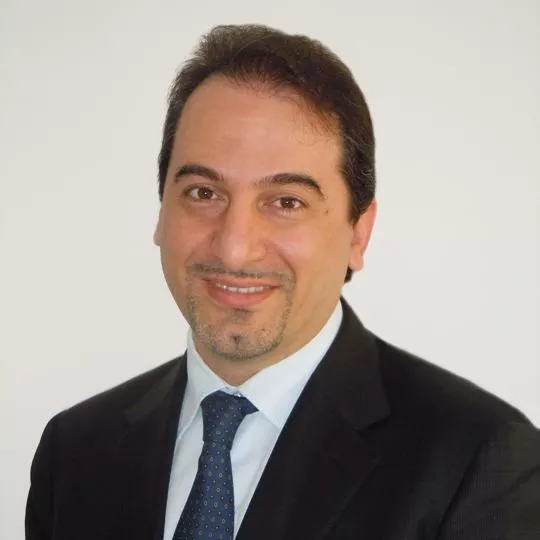A pledge to end the social stigma of obesity
In a paper published in Nature Medicine on World Obesity Day 2020, a team of experts, led by Professor Francesco Rubino from King’s College London, outline an International Consensus Statement and related Pledge to Eradicate Weight Stigma.
The consensus statement and Pledge have been developed through a conference jointly organised by the World Obesity Federation, American Diabetes Association, American Association of Clinical Endocrinologists, American Association for Metabolic and Bariatric Surgery, Diabetes UK, European Association for the Study of Obesity, International Federation for the Surgery of Obesity and Metabolic Disorders, Obesity Action Coalition, Obesity Canada, The Obesity Society.
On behalf of all our partners, we invite organisations and single individuals to sign up to the Pledge and help eradicate weight-based stigma and discrimination
Pledge to eliminate weight bias and stigma of obesity
We recognise that:
- Individuals affected by overweight and obesity face a pervasive form of social stigma based on the typically unproven assumption that their body weight derives primarily from a lack self-discipline and personal responsibility.
- Such portrayal is inconsistent with current scientific evidence demonstrating that body weight regulation is not entirely under volitional control, and that biological, genetic and environmental factors critically contribute to obesity.
- Weight bias and stigma can result in discrimination and undermine human rights, social rights, and the health of afflicted individuals.
- Weight stigma and discrimination cannot be tolerated in modern societies.
We condemn:
- The use of stigmatising language, images, attitudes, policies, and weight-based discrimination, wherever they occur.
We pledge:
- To treat individuals with overweight and obesity with dignity and respect.
- To refrain from using stereotypical language, images, and narratives that unfairly and inaccurately depict individuals with overweight and obesity as lazy, gluttonous, and lacking will power or self-discipline.
- To encourage and support educational initiatives aimed at eradicating weight bias through dissemination of current knowledge of obesity and body weight regulation.
- To encourage and support initiatives aimed at preventing weight discrimination in the workplace, education, and healthcare settings.
Sign the pledge
Workshop to end the stigma of obesity: February 2024
- Here you will find recordings of the workshop presentations and an educational animation explaining the harms of weight stigma and why obesity cannot be solved by diet and exercise alone.
External Resources on the stigma of obesity
- Includes a selection of guidelines, recommendations, online training, interactive resources, and scientific articles on the topic.
Impact
Over 100 medical and scientific organisations have endorsed the statement and pledge. See the list of organisations and individuals who have pledged and given consent for their details to be published online.
Project team
Francesco Rubino, Rebecca M. Puhl, David E. Cummings, Robert H. Eckel, Donna H. Ryan, Jeffrey I. Mechanick, Joe Nadglowski, Ximena Ramos Salas, Phillip R. Schauer, Douglas Twenefour, Caroline M. Apovian, Louis J. Aronne, Rachel L. Batterham, Hans-Rudolph Berthoud, Camilo Boza, Luca Busetto, Dror Dicker, Mary De Groot, Daniel Eisenberg, Stuart W. Flint, Terry T. Huang, Lee M. Kaplan, John P. Kirwan, Judith Korner, Ted K. Kyle, Blandine Laferrere, Carel W. le Roux, LaShawn McIver, Geltrude Mingrone, Patricia Nece, Tirissa J. Reid, Ann M. Rogers, Michael Rosenbaum, Randy J. Seeley, Antonio J. Torres, and John B. Dixon
Our Partners

American Association of Clinical Endocrinologists
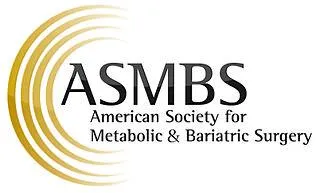
American Association for Metabolic and Bariatric Surgery
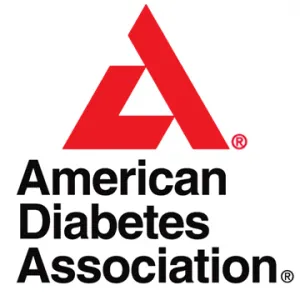
American Diabetes Association
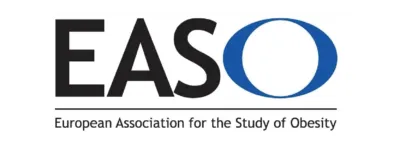
European Association for the Study of Obesity

International Federation for the Surgery of Obesity and metabolic Disorders
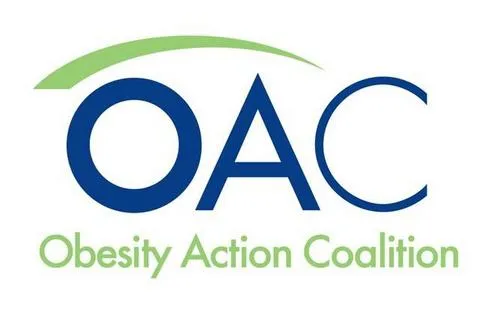
Obesity Action Coalition

Obesity Canada
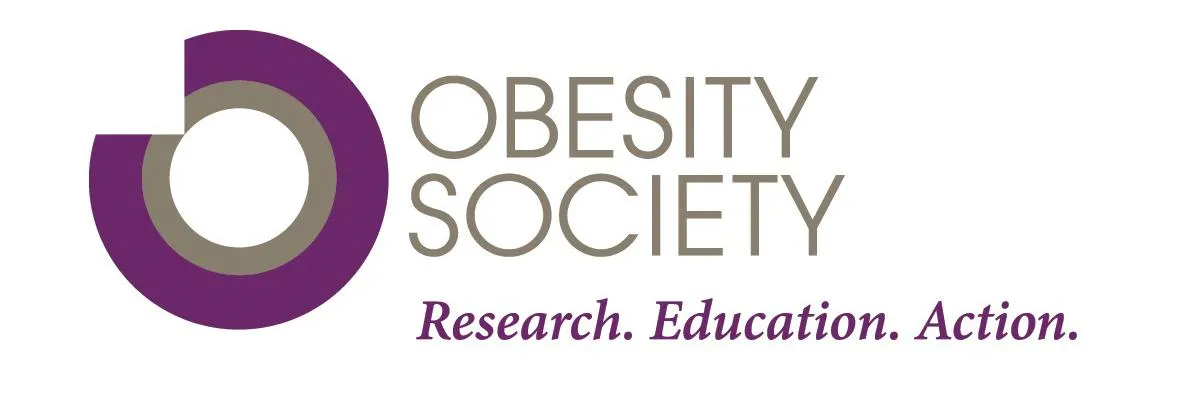
The Obesity Society
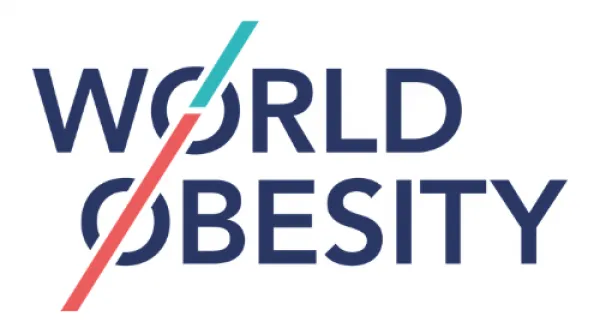
World Obesity Federation


